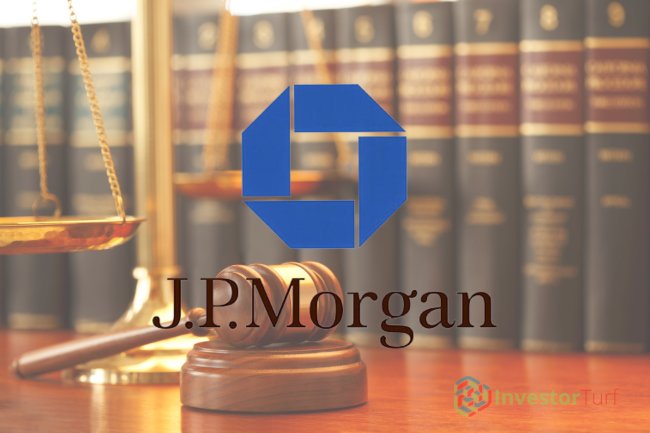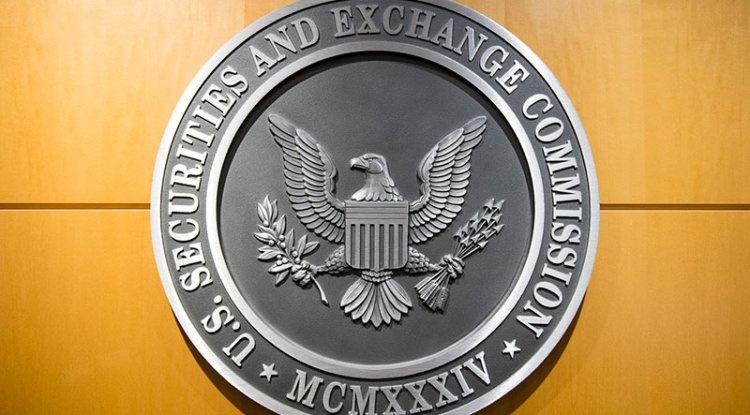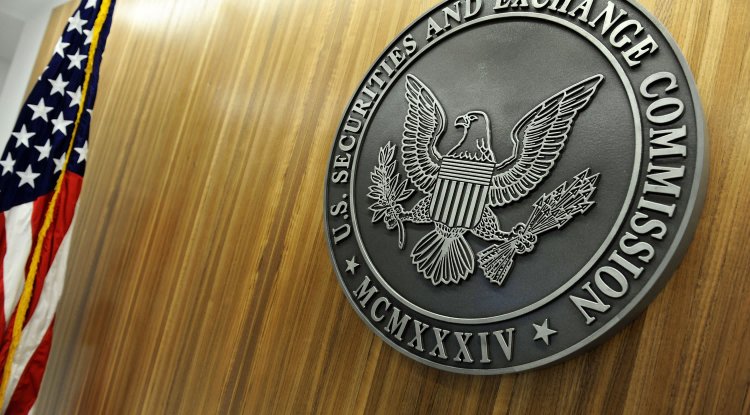Politicians have been lobbied by hedge funds to oppose new SEC rules.
Private equity, venture capital, and hedge fund representatives have lobbied lawmakers to obstruct new proposed SEC rules, according to reports.

Hedge funds and private equity firms are preparing for what may be the biggest regulatory challenge to their industry in recent years as they manage money for wealthy clients.
The Securities and Exchange Commission (SEC) is getting ready to unveil a set of regulations, possibly this month, with the aim of boosting competition and transparency in the trillion-dollar private-funds sector. Insiders claim that SEC Chair Gary Gensler wants to cut costs that currently total hundreds of billions of dollars annually.
Since last year, when the agency first suggested new rules for the industry, people from private equity, hedge funds, and venture capital companies have regularly met with SEC officials to try to persuade them not to go ahead with the new rules. SEC meeting logs show this. They have also lobbied lawmakers to oppose the SEC's plans and have formed a group to fight against the final rules, which might be different from the original proposal.
Drew Maloney, president of the American Investment Council, believes that the SEC's initiatives in this case are most likely to be significant and influential. Private equity firms like Blackstone, Apollo Global Management, and Carlyle are represented by the American Investment Council.
In July, the SEC finalized new regulations to make the U.S. money market fund industry more transparent. The Securities and Exchange Commission (SEC) is making changes to the rules that govern money market funds under the Investment Company Act of 1940. These changes aim to make money market funds more resilient and transparent. One key change is removing the option for a fund board to temporarily stop investors from redeeming their shares if the fund's liquidity drops below a certain level.
The changes will also remove the link between liquidity thresholds and the ability to levy liquidity fees. Instead, certain money market funds will be required to implement a liquidity fee framework in order to more effectively distribute the costs of providing liquidity to redeeming investors. Furthermore, the Commission is raising the daily liquid asset minimum to 25% and the weekly liquid asset minimum to 50%.
Senator Elizabeth Warren and seven other Democratic senators urged Gensler in a letter dated May 15 to finalize rules that would provide investors with more transparency, better and more useful data, and put an end to abusive and conflicting practices.
Also Read: SEC Charges Investment Advisor with Naked Short Selling
Conflicts of interest
The US Securities and Exchange Commission has issued a plan to address conflicts of interest that can arise when financial firms adopt new technologies, according to Chair Gary Gensler. The agency will also consider whether to issue final rules requiring companies to disclose serious cyber security incidents.
According to an SEC release, companies that use predictive data analytics or AI must check for and remove any conflicts of interest. They must also improve their written policies to ensure proper rule compliance.
For a long time, financial firms have used AI to detect fraud and monitor markets. They have recently begun to use it for trading suggestions, asset management, and lending. When making trading recommendations or offering financial products, the SEC wants to ensure that these companies put their clients' interests first.
In addition, the SEC intends to finalize a plan that will require companies to disclose significant cybersecurity breaches.
Also Read: SEC Asks Coinbase CEO to Halt Trading, Except Bitcoin
What's Your Reaction?





















